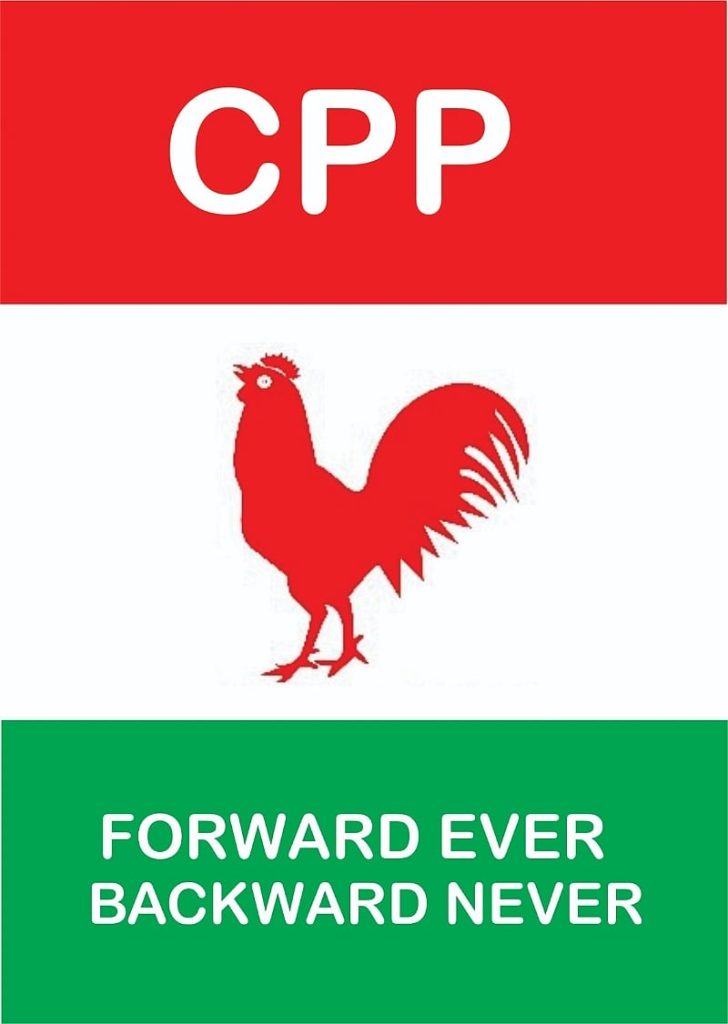The author, Osei Kofi Acquah, National Communications Director of the Convention People’s Party (CPP), vehemently advocates for the full implementation of the Operation Retrieve All Lands (ORAL) initiative in Ghana. He posits that opposing ORAL is tantamount to unpatriotism or complicity in the misappropriation of state assets. Acquah’s argument centers on the pervasive issue of public officials exploiting their positions to acquire state properties for personal gain, often at significantly undervalued prices. He condemns this practice as a betrayal of public trust and a blatant act of corruption. The director underscores the popular support for the NDC government, attributing it to the promise of retrieving these misappropriated assets, and emphasizes that ORAL resonates deeply with the electorate’s desire for accountability and justice.
Acquah’s call for the recovery of looted assets extends beyond mere land reclamation. He demands a comprehensive retrieval of all state properties, including vehicles, factories, institutions, and enterprises, that have been illicitly transferred into private hands. He insists that the scope of the recovery effort should encompass the period from 1966 onward, tracing the origins of this systemic corruption back to the aftermath of the coup, which, in his view, fostered a culture of impunity among military and government officials. This impunity, he argues, enabled these officials to allocate state assets to themselves or acquire them at drastically reduced prices, thereby enriching themselves at the expense of the Ghanaian people. The author emphasizes the injustice of permitting public officials with insider knowledge to participate in the purchase of state assets, highlighting the clear conflict of interest inherent in such transactions.
The author further criticizes the alleged incompetence and corruption of certain government appointees, accusing them of performing poorly while simultaneously drawing salaries from the public purse. He expresses his strong support for the CPP’s stance on the recovery of all looted assets, particularly emphasizing the imperative to hold those entrusted with safeguarding public resources accountable for their actions. Acquah underscores the CPP’s desire for an expanded scope of ORAL, advocating for its reach to extend beyond the capital, Accra, to encompass the entire nation. He insists on the reclamation of all state properties, regardless of their current ownership, asserting that there can be no justification for the private acquisition of public assets.
Acquah’s argument hinges on the moral imperative of recovering misappropriated state assets. He frames the issue as a matter of national patrimony and public trust, arguing that the blatant self-enrichment of public officials at the expense of the citizenry is a fundamental breach of their duties. He portrays ORAL as a necessary measure to restore public faith in governance and rectify the historical injustices stemming from the misallocation of state resources. The author’s focus on the period following the 1966 coup suggests a belief that this event marked a turning point in Ghana’s history, ushering in an era of corruption and impunity that continues to plague the nation.
The call for a comprehensive asset recovery underscores the author’s belief that the problem extends far beyond individual instances of corruption. He portrays it as a systemic issue, deeply embedded within the fabric of Ghana’s governance, requiring a robust and far-reaching solution. Acquah’s insistence on the reclamation of all state properties, regardless of their current ownership, reflects a firm conviction that the original act of misappropriation cannot be legitimized by the passage of time or subsequent transactions. He advocates for a decisive and uncompromising approach to asset recovery, emphasizing the principle that public resources must be returned to the public domain.
In essence, Acquah’s statement serves as a passionate appeal for justice, accountability, and the restoration of public trust. He champions ORAL as a vital instrument for achieving these goals, emphasizing the imperative of reclaiming all misappropriated state assets and holding those responsible to account. His argument resonates with a deep-seated belief in the importance of public service and the sanctity of public resources, portraying the recovery of looted assets as a crucial step towards a more just and equitable Ghana. He underscores the need for a comprehensive and unwavering approach to this issue, arguing that only through decisive action can the nation reclaim its stolen heritage and rebuild public confidence in its institutions.


